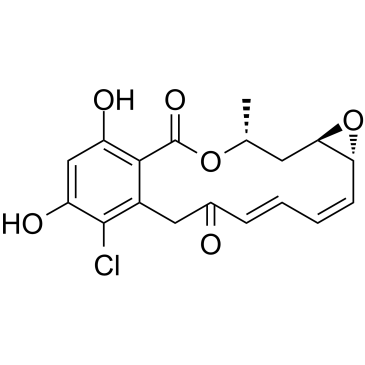| 结构式 | 名称/CAS号 | 全部文献 |
|---|---|---|
 |
新生霉素(钠盐)
CAS:1476-53-5 |
|
 |
根赤壳菌素
CAS:12772-57-5 |
| 结构式 | 名称/CAS号 | 全部文献 |
|---|---|---|
 |
新生霉素(钠盐)
CAS:1476-53-5 |
|
 |
根赤壳菌素
CAS:12772-57-5 |